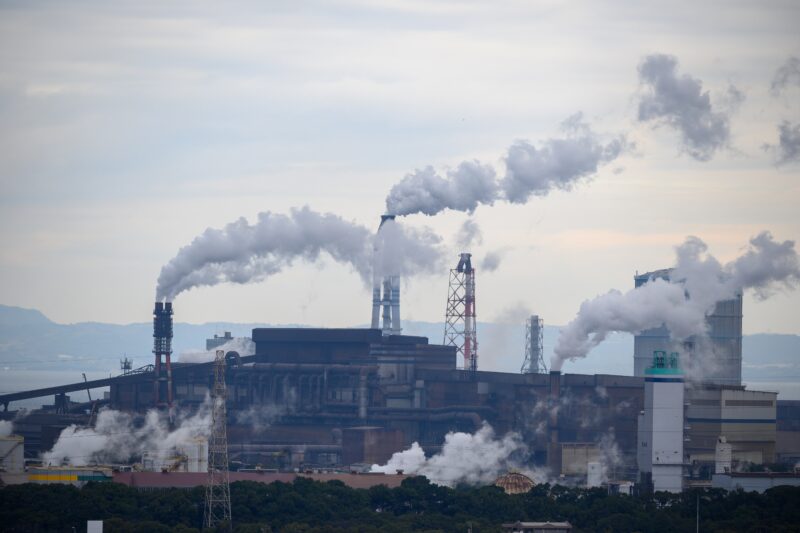The vaccine rollout can be regarded as the great hope which has heralded the New Year. It is a crucial tool which can help humanity overcome, or learn to live with, the virus. The muted Christmas and New Year celebrations, and the usual gatherings which a number of health-abiding persons have chosen to forgo, have increased the yearning to a normal life. A pre-Covid life which included gatherings, more physical contact and so on, a life which many of us might have taken for granted.
Yet, I ask, do we really yearn for a return of a normal life as we knew it before the pandemic struck? If anything, with all its hardships, the pandemic has taught us also a number of things. Confinement has led us to discover aptitudes and hobbies we never knew we had. It has led to a greater appreciation of family life. Of course, it has also led us to the awareness of the vulnerability of human relationships and humankind itself, as confinement has also taken a toll on mental health.
Most importantly, the hardships brought about by the pandemic have opened our eyes to the fragile relationship between humanity and the environment. Environmentalists and the World Health Organisation are warning us of more frequent pandemics compounded by the degradation of the natural world and climate change. Recent warnings about worryingly more frequent and devastating hurricanes do not do much to put our minds at ease.
Yet, the ensuing hardships as a result of the disorder caused in the natural world may be an eye-opener to the choices we make in our lifestyles, as we strive to a return to some semblance of normality in the wake of the pandemic.
How is our lifestyle and its sustainability impacting the planet? Can we live adequately and comfortably with fewer demands on a fragile world?
A more pressing problem is the disconnection between humanity and the natural environment as a result of a technological world, which can result in an alienation from our source of life. Tribes in various forests around the world are much closer and dependent on the natural world for survival and, as a result, they realise that the dependence does not entail exploitation and abuse.
The excessive human appetite in all its forms has created demands which are exacerbating the ecological problem. Is the person’s well-being really gaining by the ongoing construction frenzy? As a result, what heritage are we handing down to future generations?
We can make an impact through our lifestyle choices. These would be far more effective than any other resolution. They serve to bring long-lasting positive effects, too.
One important factor is the need for humanity to reconcile to its place in the relationship with the natural world. We need, in humility, to rediscover the awe and respect for the natural world. We need to rediscover our place as stewards of the planet, in a bid to rediscover our humanity and the meaning of our relationship with those around us. Our sensitivity to the world around us is reflected in our dealings with our neighbour.
Ultimately, in safeguarding the planet and spearheading its transfiguration, humankind is promoting the dignity and beauty inherent in a community which brings us together and transforms us.
Dorianne Buttigieg teaches English at a secondary school and holds a PhD in the subject of ecumenical dialogue between the Roman Catholic and the Eastern Orthodox Christians. She is also involved in the Pastoral Formation Institute, where she is the coordinator of the theology course.



